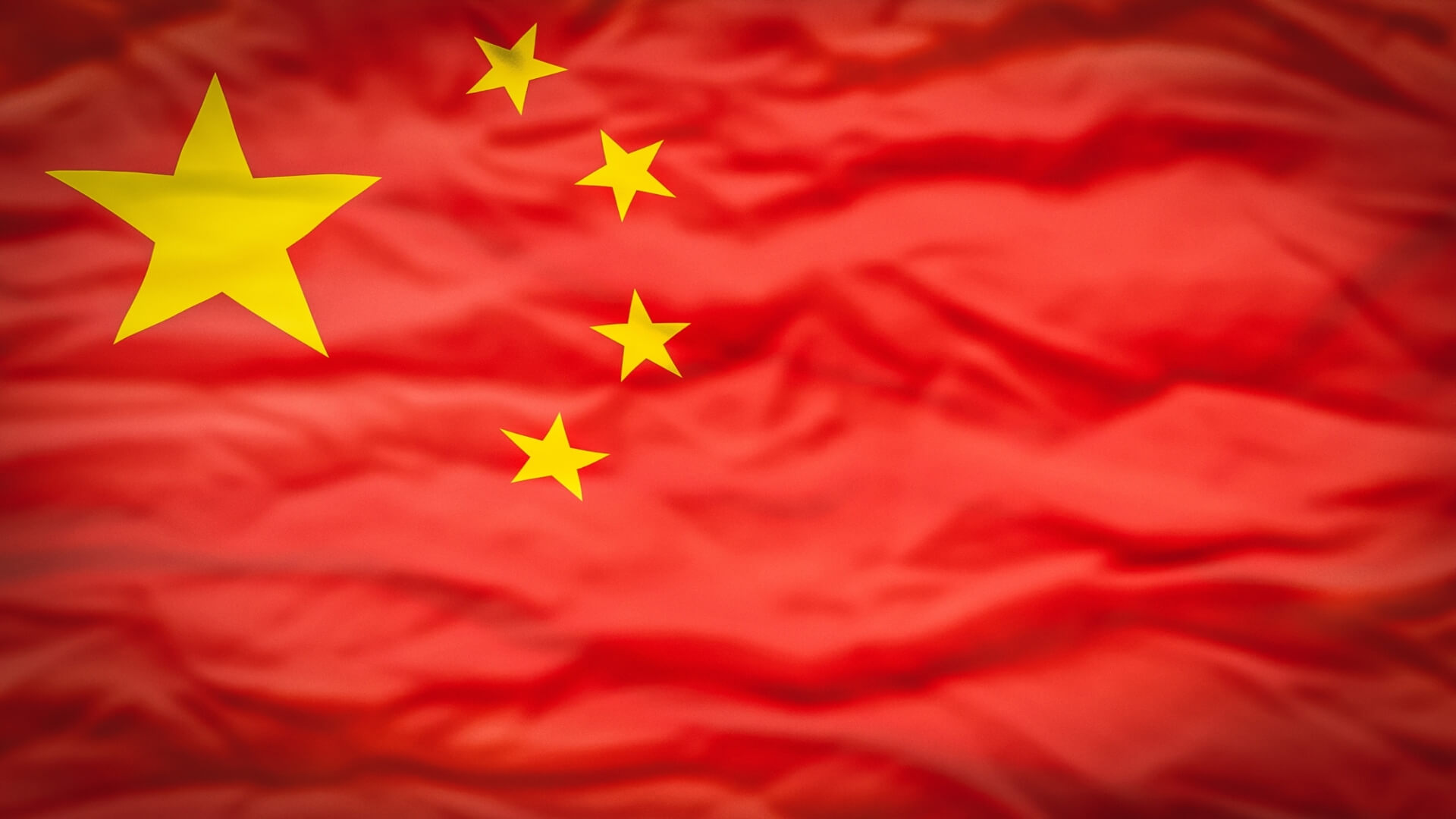The US Department of Commerce is considering additional restrictions on exports to China of sophisticated semiconductor chips used in AI computing. This news comes after the US government already limited the computing power of chips made for China. According to a report in The Wall Street Journal, the restrictions would also apply to companies that offer cloud-based computing solutions, which have been used by some companies to get around export controls. NVIDIA responded to the previous restrictions by building a lower-spec chip for the Chinese market. But under the new controls being considered, even that chip, the A800, would be export-restricted without licensing, the newspaper reported.
US officials and policy makers are increasingly viewing AI as critical to national security, as weapons infused with AI could give US rivals a battlefield advantage and AI tools could be used to create chemical weapons or produce malicious computer code. The Commerce department as of October 2022 implemented a range of export controls on advanced semiconductors and associated chip-making machinery, but it has not issued formal regulations. The Administration has been gathering comments from those companies impacted and negotiated with the governments of allied nations to develop the final rules.
The US has persuaded the Netherlands and Japan, which have the world’s top manufacturers of chip-making equipment, to join in US policy, and has been working with both countries to harmonize the list of controlled items. Here is an opinion piece we found of interest relating to the China export controls on AI technology.
Blocking China’s Access to AI Chips Matters to US National Security
In an opinion piece, “Blocking China’s Access to AI Chips Matters to U.S. National Security,” for the Center for Strategic and International Studies, Gregory C. Allen, director, Wadhwani Center for AI and Advanced Technologies and senior fellow with the Strategic Technologies Program, discussed how the Biden administration’s October 2022 export controls block China from purchasing advanced US chips; the export controls apply on a country-wide basis, not only known Chinese military organizations. According to Allen, this is a direct response to China’s deepening strategy of military-civil fusion, which obscures the relationships between Chinese commercial companies and the Chinese military. Despite how US companies have reliably complied with pre-2022 “no military end user” export control restrictions, he reported that resellers networks within China have reliably been able to get the chips to the military.
According to Allen, the export controls continue to allow sales of chips below certain technological performance thresholds, while restricting the sale of advanced chip-making equipment. Chinese AI chip design firms, such as Biren and Cambricon, were perhaps only a year behind NVIDIA in terms of chip design quality. But now, with the export controls, those Chinese chip design companies are cut off from accessing advanced American semiconductor manufacturing equipment (including the equipment powering chipmaking factories in Taiwan). He claimed that Chinese semiconductor equipment firms are more than a decade and a half behind the US state of the art. In addition, the Dutch and Japanese governments announced that they were also adopting new export controls on advanced semiconductor manufacturing equipment. Combined, the United States, Japan, and the Netherlands are responsible for nearly 90 percent of global sales of such equipment. Blocking sales to China as a whole was overdue, Allan concluded. Read the full article on Center for Strategic and International Studies.
Disclosure: Fatty Fish is a research and advisory firm that engages or has engaged in research, analysis, and advisory services with many technology companies, including those mentioned in this article. The author does not hold any equity positions with any company mentioned in this article.
The Fatty Fish Editorial Team includes a diverse group of industry analysts, researchers, and advisors who spend most of their days diving into the most important topics impacting the future of the technology sector. Our team focuses on the potential impact of tech-related IP policy, legislation, regulation, and litigation, along with critical global and geostrategic trends — and delivers content that makes it easier for journalists, lobbyists, and policy makers to understand these issues.
- The Fatty Fish Editorial Teamhttps://fattyfish.org/author/fattyfish_editorial/January 19, 2024
- The Fatty Fish Editorial Teamhttps://fattyfish.org/author/fattyfish_editorial/January 3, 2024
- The Fatty Fish Editorial Teamhttps://fattyfish.org/author/fattyfish_editorial/January 3, 2024
- The Fatty Fish Editorial Teamhttps://fattyfish.org/author/fattyfish_editorial/December 31, 2023










